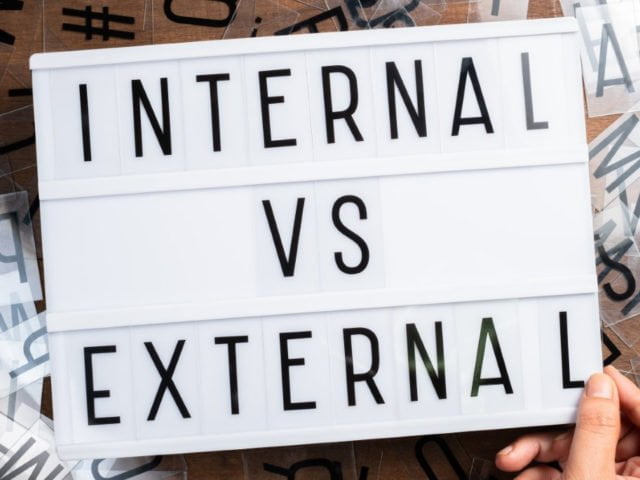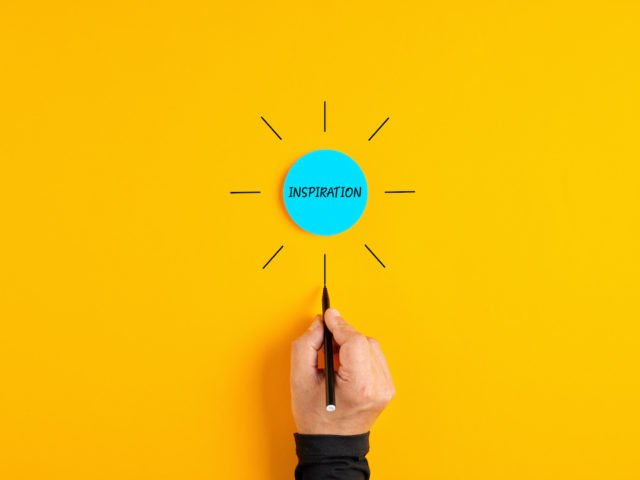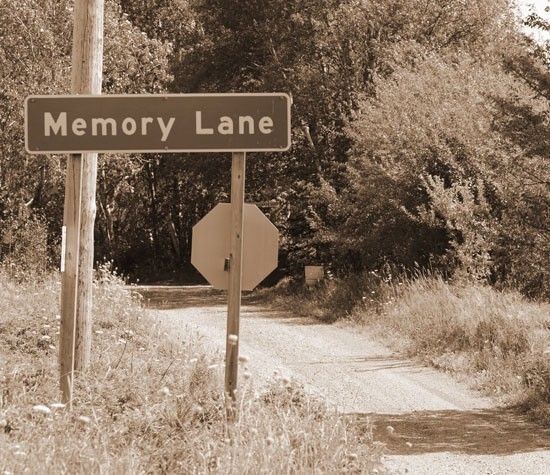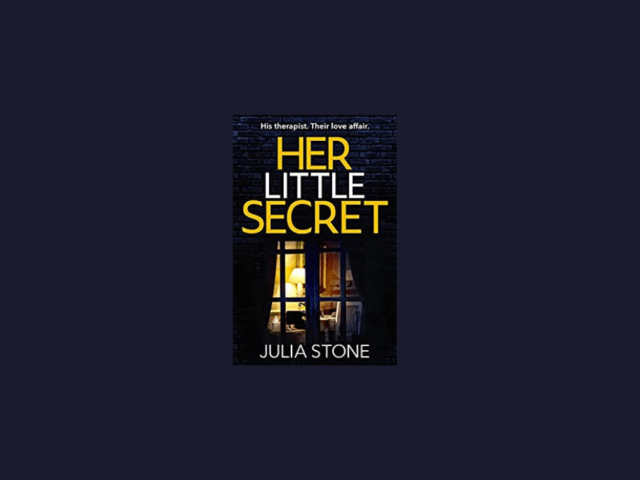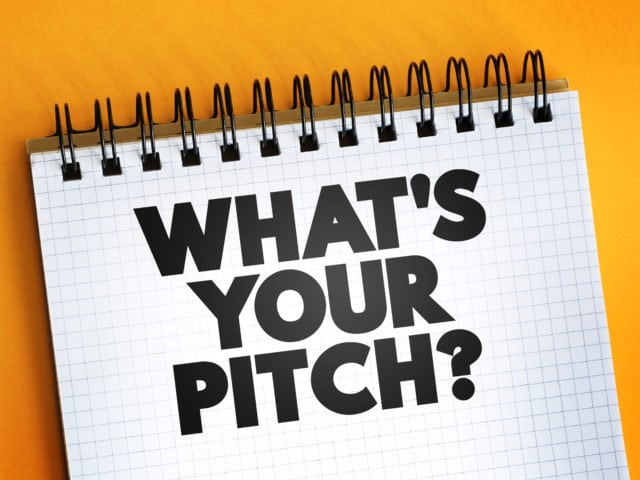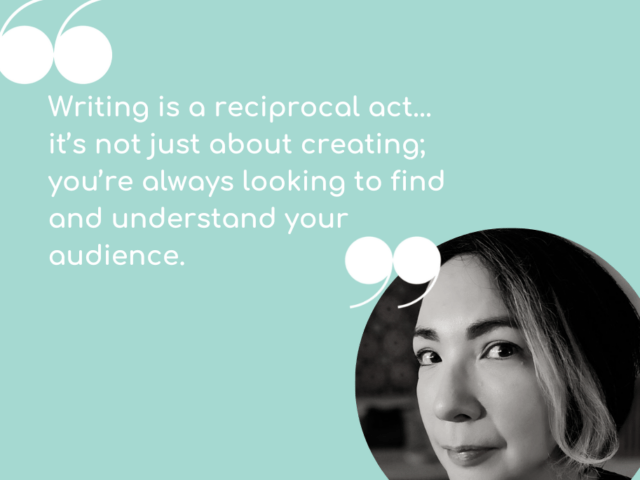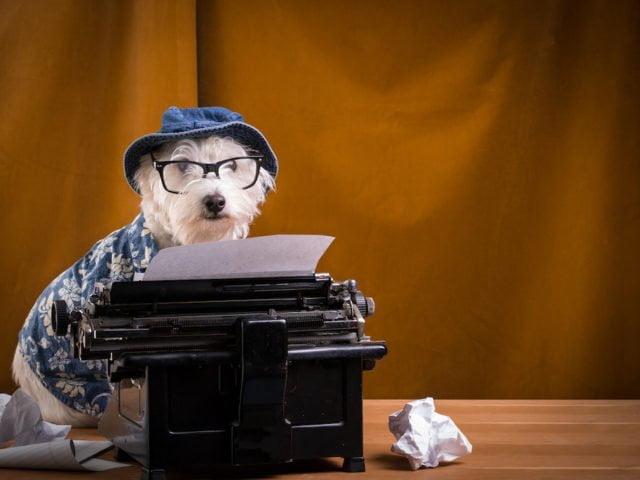How to Write a Believable Tragic Hero
Have you ever seen something terrible unfold right before your eyes? If so, you know that even if you want to, it’s hard to look away.
In stories, the embodiment of that irresistible dread is the tragic hero – or what I like to call ‘the literary car crash’. Every story has a protagonist, or hero, and that hero usually faces some kind of conflict. Often they suffer hard lessons, but come out in the end with their conflict resolved; the hero is fulfilled, and the story ends on a happy note.
Now, I love a happy ending – and absolutely refute the suggestion it lessens a work’s importance. But what if you want your readers to have a different response to the end of your story? What if you want them to feel pity, fear, or devastation for your protagonist?
If that’s your intention, you might consider writing a tragic hero.
In this guide, you’ll learn what makes a tragic hero, how those characteristics play out in some well-known examples, and how you can develop your own tragic hero with those examples in mind.
What is a Tragic Hero?
The tragic hero is a classic literary archetype, one that inspires compelling drama, conflict, and pathos. What makes this character (usually the protagonist) so intriguing is that, while they have admirable traits, one or more of those traits, in the extreme, ultimately causes their downfall. This unhappy irony provides a moral lesson and evokes sympathy from the reader – two reactions that leave a strong impression.
What\'s the Difference Between a Tragic Hero and an Anti-Hero?
Every novel needs a hero, but what kind will the protagonist of your novel be? Unlike a tragic hero, an anti-hero is someone who (even if they are the main character) lacks heroic qualities. They might do good things, but not necessarily for good reasons – think of Joe in the novel and TV adaptation, You. On the other hand, the tragic hero remains heroic with strong morals and good intentions, with the exception of their fatal flaw that trips them up.
Readers want to read about both types of hero, but unlike with the anti-hero, we suffer as we stand by and watch our tragic hero’s demise.
So, what are tragic heroes made of?
Characteristics of Tragic Heroes
According to history books, Aristotle coined the term ‘tragic hero’ (an archetype prominent in ancient Greek plays). He famously said that when a tragic hero meets his fate or demise, “pity is aroused by unmerited misfortune, fear by the misfortune of a man like ourselves.”
Using the ancient Greek tragedies as an example, the tragic hero has six main characteristics:
Hubris – or arrogance, excessive pride.
Hamartia – a fatal flaw; an error in judgement, or self-deception.
Peripeteia – the sudden turning point; the error in judgement leading to a reversal of fortune.
Anagnorisis – recognition of their tragic mistake.
Nemesis – commonly known as ‘the enemy’, here it refers to the struggle with their own pride.
Catharsis – pity and/or fear invoked in the reader/audience.
Shakespeare’s plays also feature many iconic tragic heroes – Hamlet, Macbeth, Romeo, Othello – with these characteristics. Macbeth, as a tragic hero, is riddled with flaws. The irony being that were he not so greedy or ambitious he would have managed to avoid all the horrors he encountered.
Do tragic heroes always die? No. Shakespeare’s characters are unforgettable, and as a result people often think tragic heroes have to be larger than life and that their stories always end in death. But that’s not necessarily the case.
Let’s examine some more modern tragic heroes, including a few of my favourites, keeping in mind the list of traits above.
Tragic Hero Examples
Isabel Archer in The Portrait of a Lady
The young heroine of Henry James’ 19th century novel is beautiful, free-spirited, and idealistic. She turns down marriage proposals from two wealthy suitors, which impresses her cousin Ralph. He convinces his dying father to will her a large portion of his inheritance, hoping financial freedom will allow her intellect and independence to thrive.
Instead, she falls for an impoverished dilettante, Gilbert Osmond, set up by Madame Merle, who she considers a friend. Despite Ralph’s warning, she marries Gilbert, certain of his love and moral character. Afterward, Gilbert controls her money and manipulates her affection for his daughter Pansy in a scheme to further his social standing. Her recognition of his deception alters her; once vibrant and optimistic, she becomes quiet, cautious, defensive. Thus, Ralph’s gift, intended to secure her liberty, becomes the instrument that traps her (and his misguided generosity, combined with his hubris of presuming her future, makes him a tragic hero too).
Isabel walks into the trap because of her inability to see fault in those she loves, and pride in her own judgement. Even when she learns of her husband and friend’s betrayal (Merle is Pansy’s real mother), she chooses her notion of honour above her own happiness, as if in penance for her mistake. We feel sorrow on her behalf, because we can relate to the pain of choosing the wrong partner, and being betrayed by a friend.
Stevens in The Remains of the Day
Tragic heroes aren’t necessarily grand or likeable. The English butler in Kazuo Ishiguro’s post-WWII novel lives a life of service, dedicated to his employers and to his ideals of loyalty, dignity, and discretion. All fine qualities, but he takes them to the extreme, making him priggish and exasperating. Still, he merits sympathy, because his upbringing was constrained and unloving.
As the novel progresses in flashbacks, we learn two things: 1) Stevens’ revered former employer, Lord Darlington, collaborated with the Nazis, tainting his legacy, and 2) Stevens repressed his romantic feelings for Miss Kenton, who worked as a housekeeper at Darlington Hall twenty years ago.
In present time, he takes a road trip to visit her, after receiving a letter suggesting she’s unhappy in her marriage. When they finally reunite, the old attraction is still there. But while she admits it, he cannot.
Once again, Stevens’ fear of change and intimacy prevents him from acting. The tragedy of his life is that he devoted it to an unworthy man, while turning away the one person who truly cared for and understood him. Worse, he doesn’t know what to do with his pain except to pretend he doesn’t feel it. And this makes him pitiable.
We’ve discussed the appealing tragic hero and the infuriating one; now let’s study a character who’s a bit of both:
Lila Cerrullo in The Neopolitan Novels
One of two main protagonists in Elena Ferrente’s beloved four-part series, Lila is a brilliant visionary – talented, gorgeous, and fearless. She’s also arrogant, jealous, bitter, and vengeful. All of which makes her fascinating. With her beauty, intelligence, and charisma, she’s a natural prodigy. But her early promise is thwarted by the patriarchal confines of 1950s Italy – and her own self-destructive impulses.
She makes dangerous enemies, and betrays (more than once) her best friend Lénu, who can never be sure which Lila she’ll encounter: the good or the wicked. Her unpredictability compels and disturbs Lénu, just as it does the reader. Their love/hate relationship fuels their lifelong, intimate rivalry, and propels this story for several generations.
Lila isn’t the agent of all her miseries; terrible things happen outside of her control. At times, she acknowledges her flaws. This softens our judgement, and makes her sympathetic. But she turns her rage at the world inward, becoming so harsh, she repels those who would help her. She expects disappointment, a self-fulfilling prophecy that leaves her isolated and unloved. Finally, she chooses to disappear entirely, and it’s as if a scorching flame has been extinguished. In Lila, Ferrante created an unforgettable tragic character – one that bridges the line between hero and villain.
More Examples
Other tragic heroes from popular, modern-day books, movies, and TV shows include Lisbeth Salandar in The Girl with the Dragon Tattoo, June Osborne in The Handmaid’s Tale, Anakin Skywalker in Star Wars, Michael Corleone in The Godfather, Walter White in Breaking Bad, and Omar in The Wire.
They differ from ‘pure’ heroes like Superman, Wonder Woman, Tony Stark in Iron Man, Katniss Everdeen in The Hunger Games, or Bella in Twilight because, while those heroes may suffer tragedies, they don’t have a hand in creating them. And their stories generally have an optimistic ending.
How to Develop a Tragic Hero
Now that you have an understanding of what defines a tragic hero, let’s review some key steps to help you write this type of character yourself:
1. Your protagonist should have some combination of virtuous, admirable, or advantageous traits.
Give them a positive trait - honour, loyalty, kindness, intelligence, strength, talent, attractiveness, etc. Anything that would be deemed positive on the surface.
2. Develop one or more of these admirable traits as a ‘fatal flaw’.
Dig beneath the surface. When taken to an extreme, something positive can turn negative, causing your protagonist to make decisions that lead to misfortune. This involves some form of hubris, pride, or misplaced faith on their part. What makes a fatal flaw tragic is that it comes from within, not by some outside force or event.
3. The progression of this fatal flaw should be believable.
Meaning, it should be organic to the development of your character. For example, Isabel Archer In A Portrait of a Lady defends Gilbert Osmond against those who think he’s opportunistic because she believes they fault him for being poor. As she also came from modest means, she views this accusation as unfair. And because she personalises it, she can’t judge clearly. Therefore, her loyalty (a positive trait) is skewed by her own hubris, which becomes the cause of her downfall. Despite her intelligence, we believe she could make this kind of mistake, because her decision is caused by something elemental to her nature.
4. Due to this fatal flaw, your character must suffer a reversal of fortune.
Often, this occurs at the novel’s peak, provoking the hero’s wrenching conflict. Watching a good situation turn bad, or happiness into despair, invokes our most primal fears. As a result, your reader feels invested and engaged.
5. Your protagonist must realise their tragic mistake.
This twists the knife deeper. It’s one thing to fall from fortune’s grace, and another to know you’re the architect of your own misery. This recognition can be either profound or subtle. In The Remains of the Day, the butler Stevens doesn’t consciously acknowledge his error. But his last parting from Miss Kenton niggles at him, and when he reflects aloud about his dim future prospects, his body betrays him and he tears up. He pretends it’s just exhaustion – but the reader knows better, and feels pity.
6. The final outcome must be tragic, evoking sympathy and pathos.
Your heroes don’t always have to die – but the consequences of their actions must be grave. Their suffering should outweigh their mistake. Even if your reader feels annoyed by their poor judgement, they should relate to this injustice and be more apt to forgive them.
Create Your Own Tragic Hero
Tragic heroes, unlike superheroes, are by nature flawed – and therefore someone we can relate to. In their flaws, we see our own. In their stories, we recognise plausible conflicts. And as we project our emotions onto these characters, we experience outcomes that are devastating, digesting their moral lessons without having to suffer in real life. This is the catharsis Aristotle described, and the effect you want from your reader.
As you begin to construct your own tragic hero, think of some favourable traits you possess or see in others that, in its extreme form, could be a tragic flaw. Have you had or know of an experience where good intentions drastically backfired? Have you ever been betrayed or blindsided? What are the moral dilemmas you want to explore?
The best writing comes from a place of deep personal connection. Find that hot spot within yourself, consider the dramatic possibilities, and then imbue your hero with all the wonderfully complex tragedy they can – or can’t – handle. Make your readers enjoy their sweet suffering as they watch the character they’ve learned to love destroy their own life. Not all great endings are happy ones…but most do shine with a little hope and a hearty lesson.








